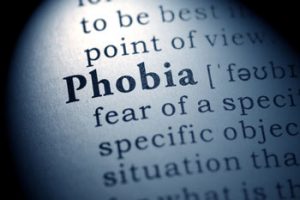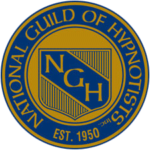 Clinical hypnosis and hypnotherapy are used to treat and help a variety of psychological disorders and behavioral conditions.
Clinical hypnosis and hypnotherapy are used to treat and help a variety of psychological disorders and behavioral conditions.
Hypnosis can create and greatly enhance the relaxation response, or physiology of relaxation, it can be a most useful in resolving and ending anxiety disorders (one example), including panic attacks.
Anxiety is caused by arousal from the sympathetic nervous system to the point of “fight or flight response.” Our parasympathetic nervous system restores the mindbody to “homeostasis”, back to a balanced state where we can rest, digest and restore health.
The following are important points:
- Your mind is what activates the sympathetic nervous system (fight or flight) or the parasympathetic response of relaxation and homeostasis.
- You cannot be anxious or aroused and relaxed at the same time.
- Anxiety and relaxation involve two distinctly different parts of your nervous system, different neurochemistry.
- Thus, anxiety and relaxation cannot exist at the same time.
- Your mind (brain, and nervous system) is what governs the sympathetic and parasympathetic systems.
- Your perceptions of reality also influence the mind.
- Clinical hypnosis allows you to lessen your anxiety and all the associated triggers by replacing it with comfort, confidence, and relaxation.
- This also allows a hypnotherapist to help you deal with, delete or erase phobias and other “learned fears”.
In addition, a competent hypnotherapist will be able to find the root cause of your phobia (initial sensitizing effect) and correct your programmed fear so that it will be forever changed. Age regression, time tunneling techniques, age progression, metaphors, and other techniques are usually involved in therapy.
Pubmed papers on hypnotherapy and phobias can be found here.
Other approaches might need to be considered such as exploring structural imbalances in the body, often tension in the facial muscles sends signals to the brain indicating stress causing your mind to trigger the sympathetic nervous system. Often, a disturbed GI tract or lack of healthy gut microflora triggers anxiety, in addition spikes in blood sugar levels, food intolerance, nutritional deficiencies, along with inflammation might also play a role in anxiety (less so in phobias). Sometimes low production or an overproduction of a neurochemical might be the cause, this can be restored structurally, hypnotically, with diet, or using gentle cranial electrical stimulation.
Ethan Wise is skilled in using all of these approaches and often combines them to maximize and optimize the positive outcomes.







